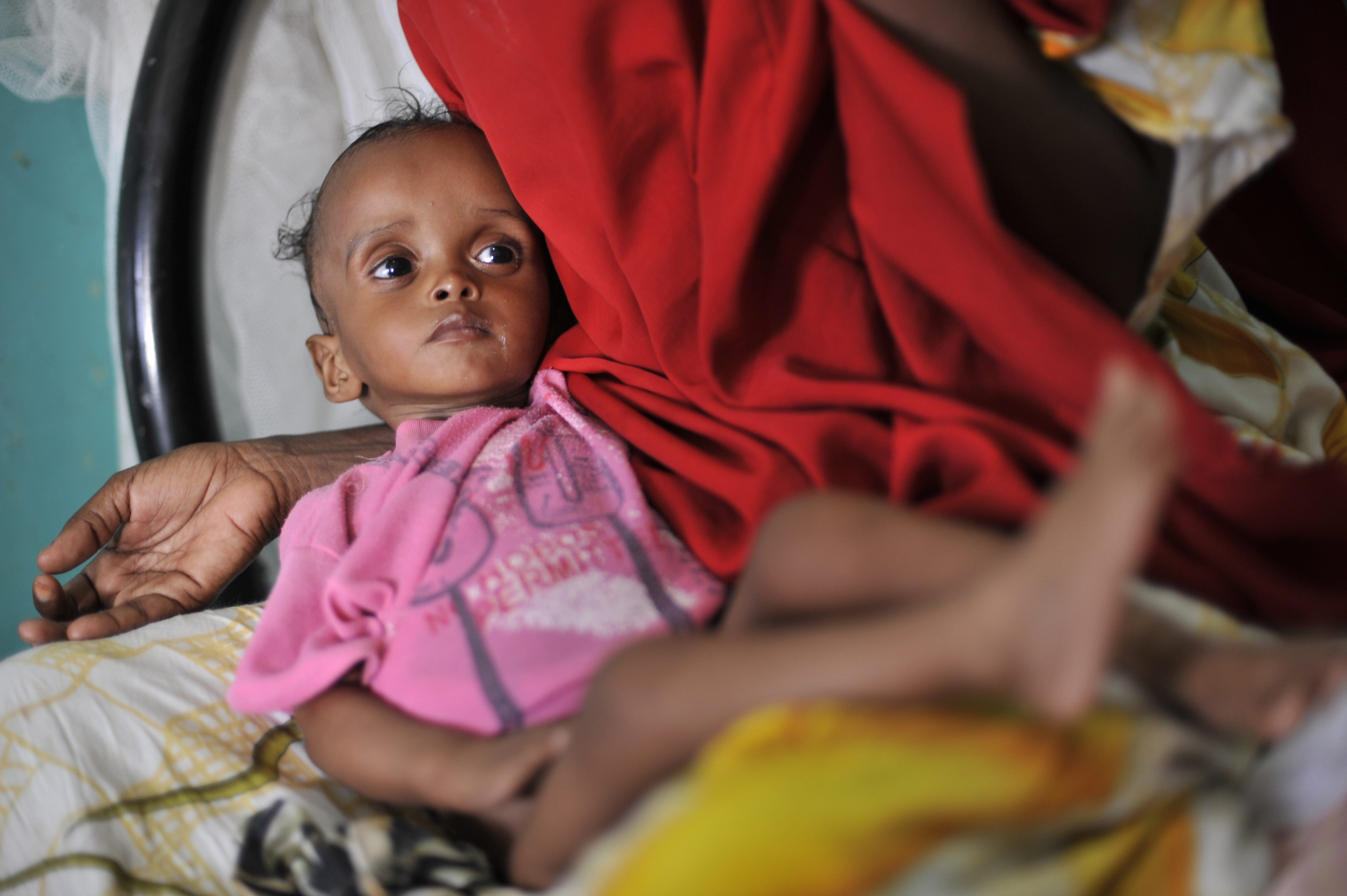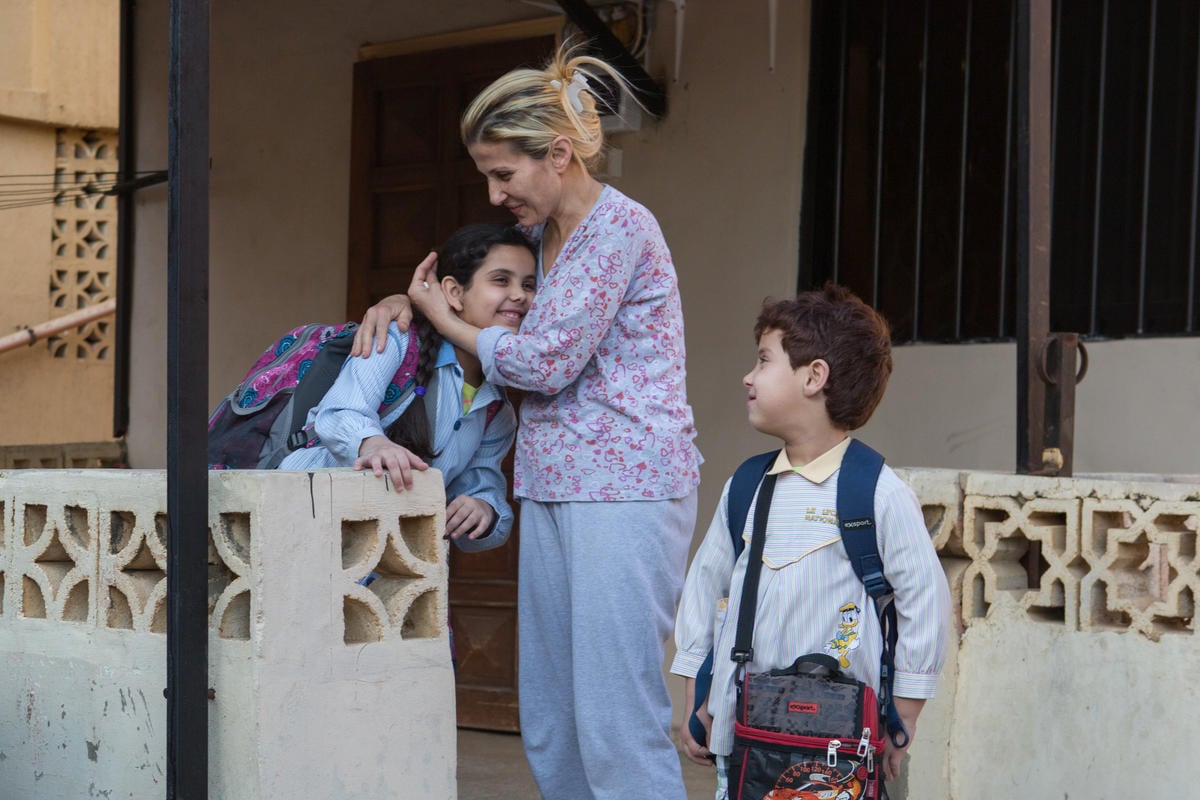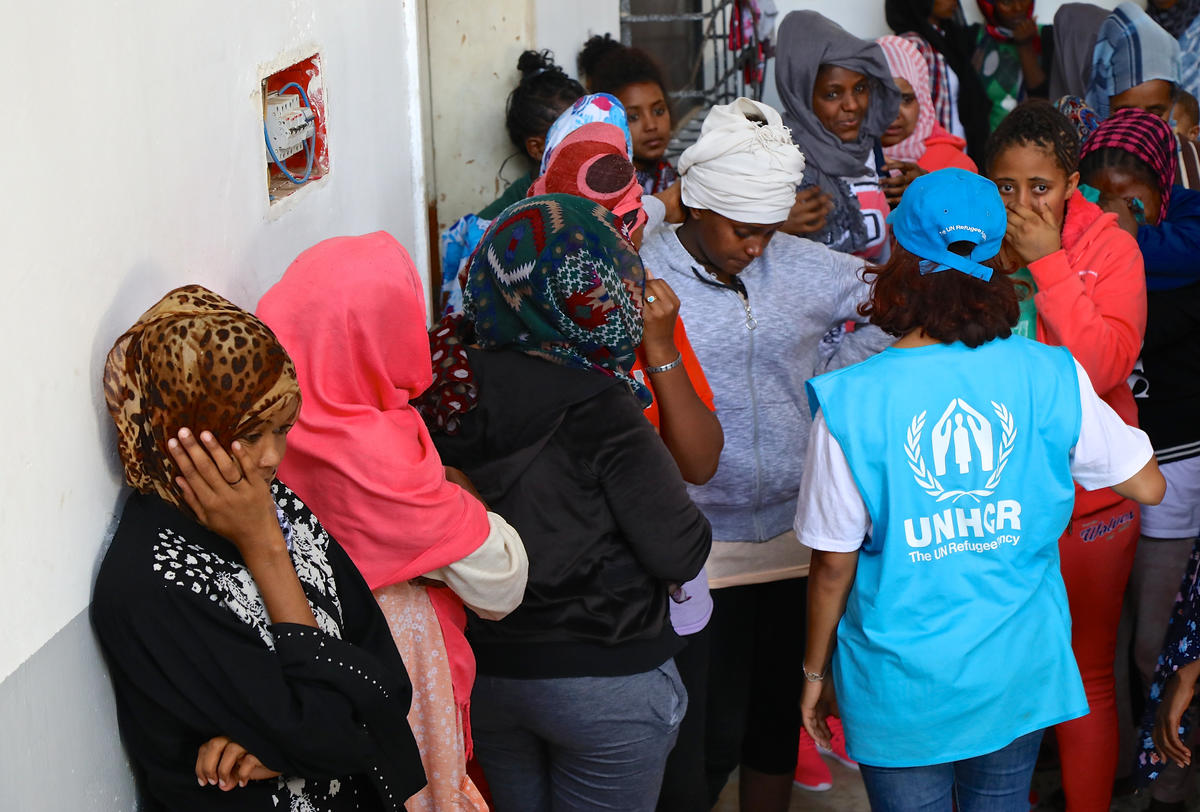UNHCR concerned about malnutrition levels among new Somali refugees
UNHCR concerned about malnutrition levels among new Somali refugees

GENEVA, July 5 (UNHCR) - The UN refugee agency is concerned about the high incidence of malnutrition among Somali refugees flowing into Ethiopia and Kenya amid a devastating drought in their conflict-racked country.
The relentless violence, compounded by drought, has forced more than 135,000 Somalis to flee so far this year. In June alone, 54,000 people fled across the two borders, three times the number of people who fled in May.
"UNHCR is particularly disturbed by unprecedented levels of malnutrition among the new arrivals - especially among refugee children," UNHCR's chief spokesperson, Melissa Fleming, said in Geneva on Tuesday. "More than 50 per cent of Somali children arriving in Ethiopia are seriously malnourished, while among those arriving to Kenya that rate is somewhat lower, but equally worrying - between 30 to 40 per cent," she added.
Fleming said UNHCR estimated that a quarter of Somalia's 7.5 million population was now either internally displaced or living outside the country as refugees. She added that the drought and prevailing violence in southern and central parts of the country, were "turning one of the world's worst humanitarian crises into a human tragedy of unimaginable proportions."
The conflict makes it difficult for aid agencies to reach the most vulnerable and needy people. "Many families tell us they exhausted virtually all of their resources. Facing starvation, they walk for days, several weeks at times, through the desert, arriving in an appalling state of health," Fleming said.
Increasingly, UNHCR staff are hearing reports of children below the age of five dying of hunger and exhaustion during the journey. Many children are in such a weak condition when they finally arrive that they die within 24 hours.
In north-east Kenya's Dadaab refugee camp complex, where some 1,400 refugees are arriving every day, UNHCR and its partners are distributing high energy biscuits for instant calories and micronutrients. These are life-saving interventions. In addition to malnutrition, overcrowding of the camps, which already host more than 382,000 people, is a major concern.
In Ethiopia, refugees are registered at the border by authorities before being transferred to a UNHCR transit centre where they receive hot meals and go through health and nutrition screening. UNHCR recently opened a new camp at Kobe, the third in south-east Ethiopia, which is quickly reaching its capacity of 20,000.
"Together with Ethiopian authorities and in anticipation of a continued influx, we have identified a fourth site and discussions are under way about the location of the fifth camp," UNHCR's Fleming said.
She added that as part of UNHCR's response, a chartered Boeing 747 was due to land in Addis Ababa later on Tuesday with a cargo of 100 tonnes of relief items. A convoy of some 20 trucks loaded with thousands of tents and other aid left from Djibouti on Monday afternoon and was expected to reach the Ethiopian capital on Thursday. The High Commissioner is set to visit Ethiopia and Kenya later this week.
A UNHCR appeal covering the needs of protection, food, shelter, health services and other life-saving aid supplies is about to be issued. The needs are urgent and massive. In the light of the urgency of the situation, UNHCR not only calls on governments but also on individual donors and the private sector to urgently support operations in Ethiopia and Kenya.
There are now more than 750,000 Somali refugees living in the region, mostly in neighbouring Kenya (405,000), Yemen (187,000) and Ethiopia (110,000). Another 1.46 million are displaced within Somalia.








